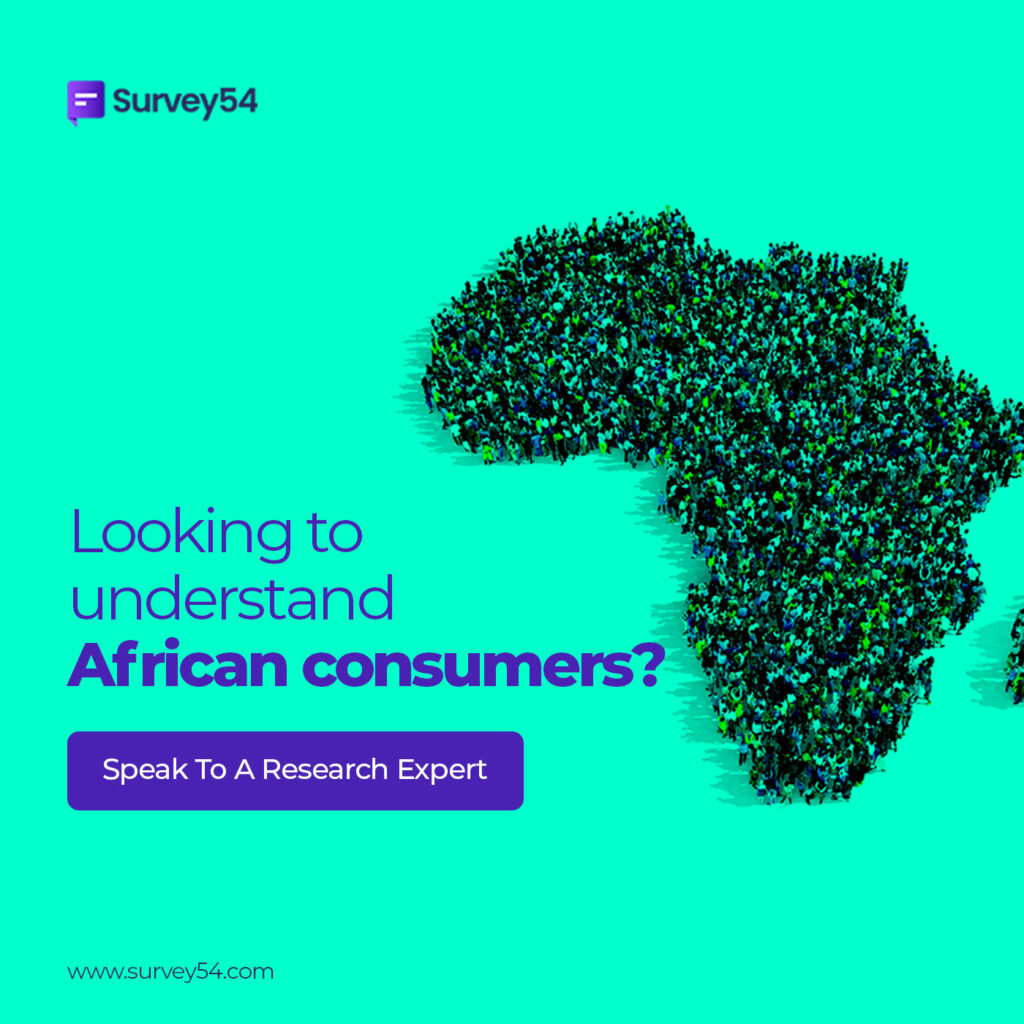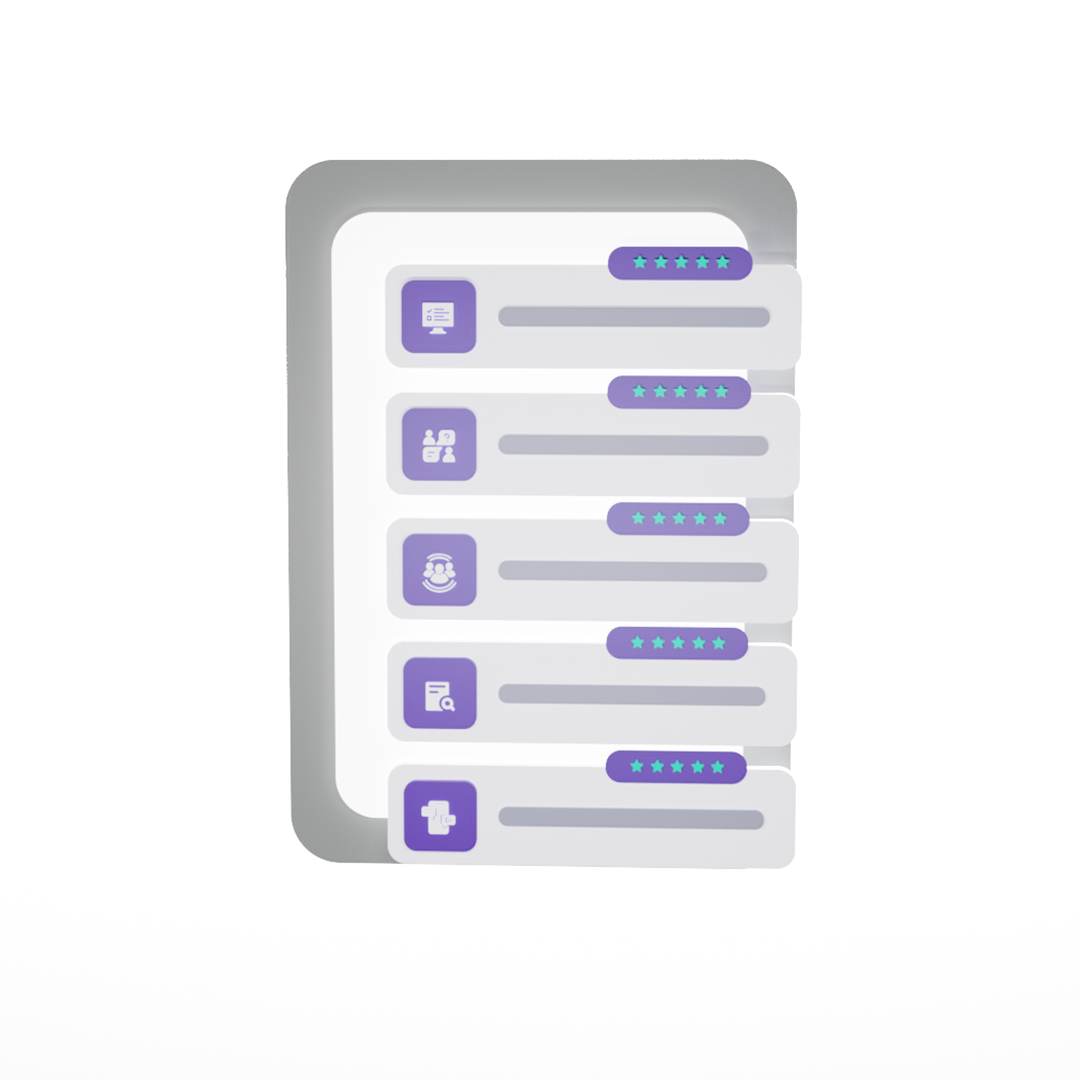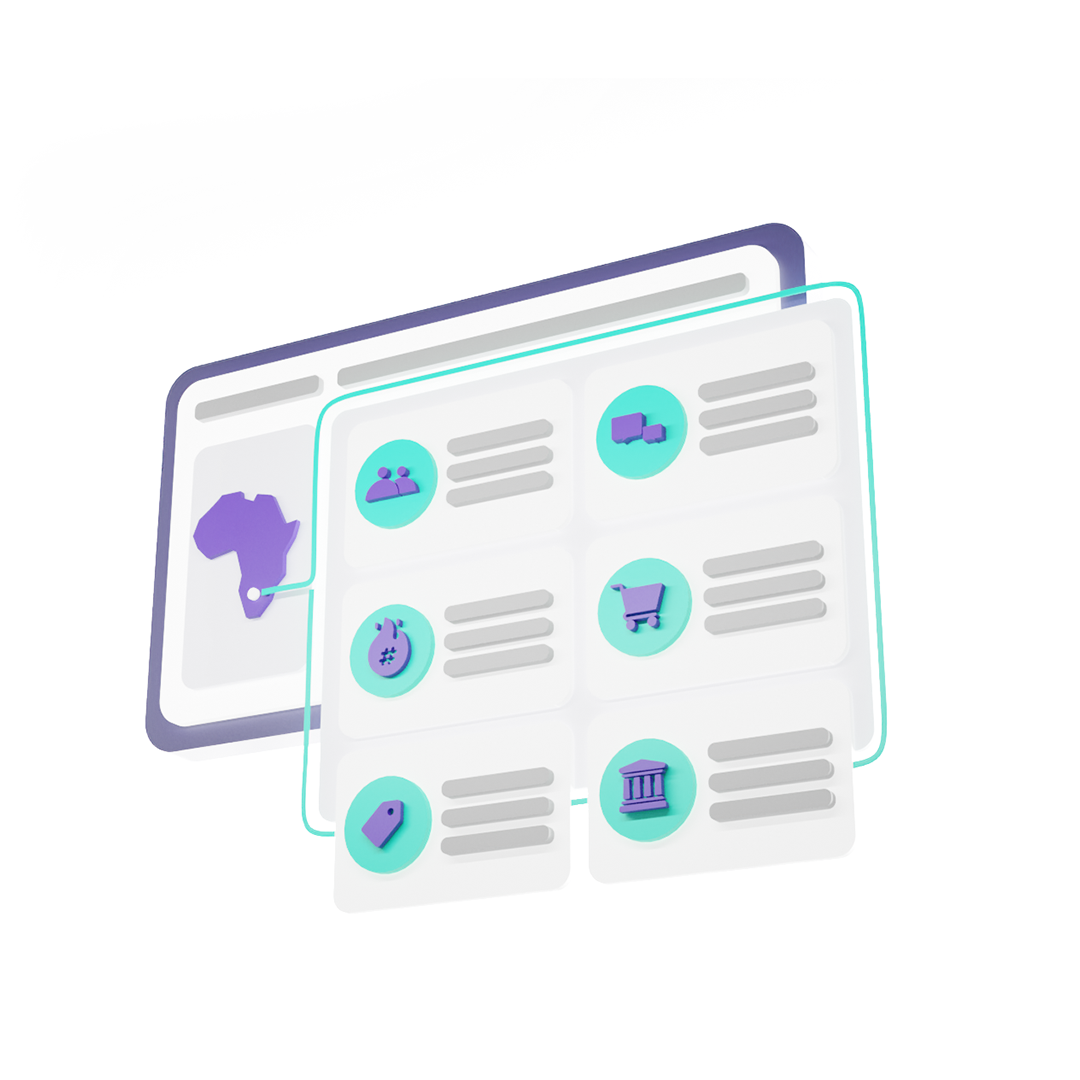Qualitative research is a prevalent and reliable form of research, and focus groups are among the most widely used methods. Despite being a popular research technique, there are several mistakes companies make while doing qualitative research.
When conducting in-person, virtual, or phone interviews, you can have open-ended discussions with participants. This will help you to delve deeper into the motivating factors, emotions, and experiences that underlie customer attitudes and behaviors.
Researchers can glean helpful information from these interviews that can help explain the “why” behind the facts and figures deduced from quantitative research.
However, in order to improve the rigor and authenticity of your study and the value of the insights generated, you must adhere to specific standards and guidelines when conducting interviews with your research panel.
Top mistakes companies make while doing qualitative research
As valuable as qualitative research is to gathering reliable insights, it has some challenges. Here are some mistakes companies make while doing qualitative research and tips for avoiding those pitfalls.
Choosing an unqualified or biased researcher
Confirmability, which denotes that your data accurately reflects the information gathered from respondents and is unaffected by the researcher’s biases or assumptions, is a crucial element of reliable qualitative research. Businesses must ensure that the person or group conducting the interview session can do so in a knowledgeable, controlled, and objective manner.
Additionally, they must be able to control their reactions, whether they are positive or negative, as this frequently deters participants from being honest and accurate. This is one of the reasons it might be beneficial to work with an external research company to administer interviews and other qualitative tools for your company.
By using an outside expert, you can ensure the interviewer has no conscious or unconscious bias. A third-party interviewer’s unbiased viewpoint fosters a more objective interview setting.
Working with a narrow audience
In order to gather opinions and viewpoints that impact your products, when selecting participants for group or individual interviews, you want to ensure you include a diverse cross-section of demographics representing your target market. Typically, you want to limit each group interview to five to ten participants. For you to comprehend the purchasing motivations of those who are shopping from competitor brands and those who no longer buy your products, it’s also critical to collect data from non-customers, current customers, and previous customers. Answering those “whys” is essential, especially given the constant high brand switching rate.
Starting data collection right away
Respondents may feel uncomfortable during interviews, especially group interviews, where they may feel pressed for time. It can be beneficial to conduct a “pre-interview” and ask thoughtful warm-up questions to create a welcoming, friendly, and permissive atmosphere. Researchers must understand the importance of ‘ice-breakers’ in getting the best out of the situation. Research respondents share profound insights in an atmosphere where they feel at ease, confident, and motivated to express their opinions and honestly respond to your questions. Moderators or interviewers must assure participants that there are no right or wrong answers.
Not bringing the right questions.
You should show up at the session with predetermined questions that foster the overarching goal of your qualitative research. This will help you to keep your online or in-person interview on track. Another strategy to overcome the statistical validity problem that frequently plagues qualitative research is triangulation. Triangulation refers to when you use several research sources to validate your findings. You can improve the reliability of qualitative data using triangulated questions.
To further reduce the variability of your interviews, ensure the interviewer is adept at posing follow-up questions and returning to unanswered questions.
Being inconsistent during sessions
Consistency is essential to increase the repeatability of research for long-term data. You must be consistent with your approach if you’re running several focus groups or interviews simultaneously. This entails conducting group interviews with roughly the same number of participants and giving each interview session approximately the same amount of time and attention. You can also start with the same set of opening questions and using the same interviewer for each interview.
Following a script too strictly.
Even though consistency is crucial, you want to be flexible when speaking with participants via phone, video conference, or in person. You’ll encounter a variety of communication styles because you’re working with a diverse group of people. Based on your initial questions, some participants might divulge much information. Others might need encouragement or follow-up inquiries to elicit more frank opinions and thoughts. Additionally, because natural detours and turns in the conversation frequently yield original insights, you should allow for them. Use the discussion guide’s structure to ensure you stay on course and get input on the topics you want to cover.
Lack of proper data analysis
You should organize and review your documentation soon after conducting interviews. Make sure your recording is audible and you label your notes. You can also draw a diagram of your seating arrangement if you conducted a group interview and double-check that you have identified who said what. You can start noting themes, concepts, and interpretations right away. The data from various interviews will pass through analyses in the coming days. That way, you can look out for trends and differences across the board and multiple demographics. The result is new information that can guide product development, further quantitative analysis, or other growth-promoting tactics.
Optimize interviews for qualitative research.
You can gather helpful information to aid in developing go-to-business strategies, marketing and sales communications, product development, and other business operations improvement through in-person and online interviews with specific consumers or a research panel.
In order to get the most out of your qualitative interviews, it can be beneficial to work with a reputable research company that can offer specialized tools like Survey54. Every discussion guide and interview we offer is customized to your specific project’s requirements and customer base, emphasizing the African and other emerging markets.
Contact us today for expert guidance and help you avoid all forms of mistakes companies make while doing qualitative research in Africa.






